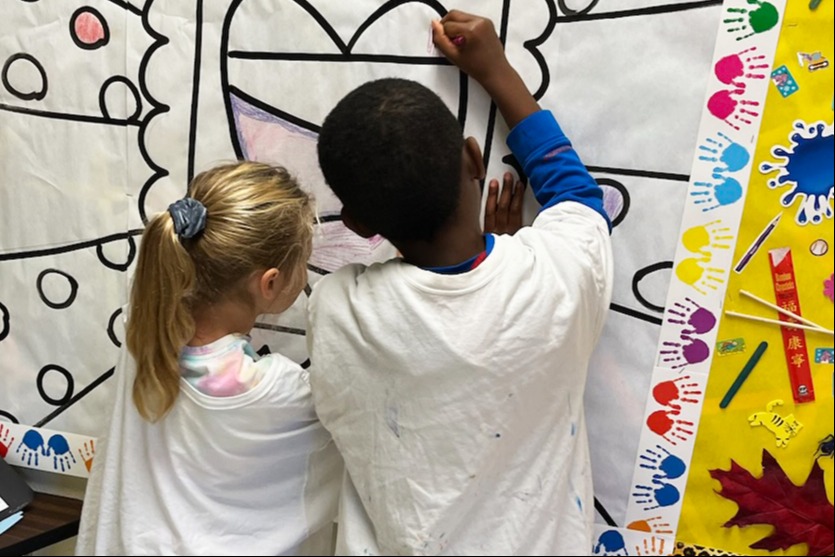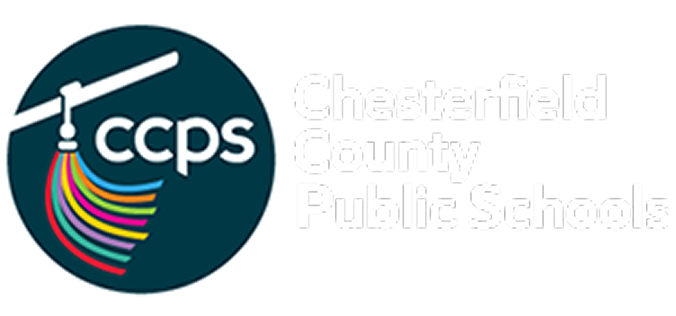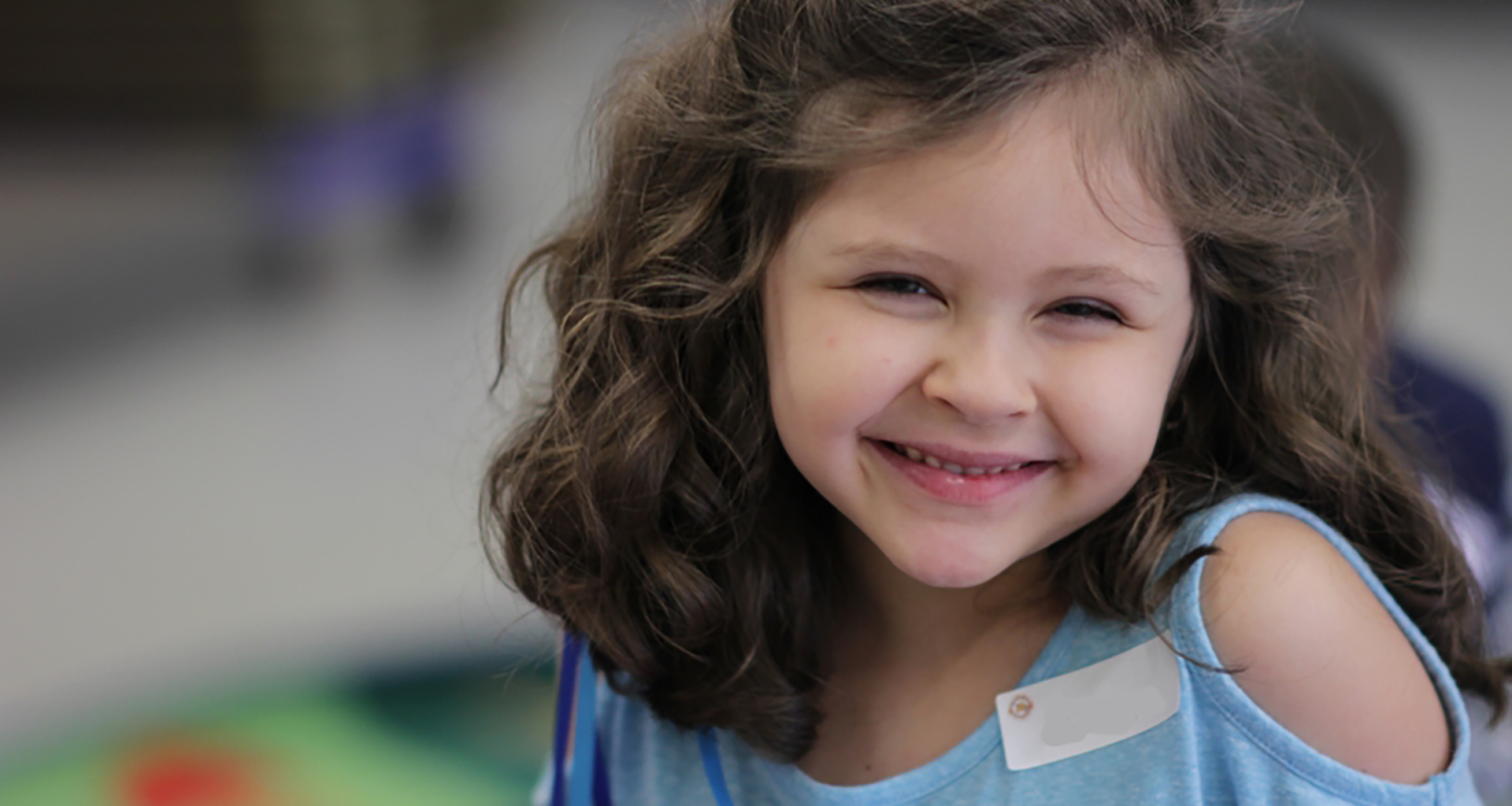
Curriculum Information
Kindergarten
Kindergarten is a fantastic year of both social and academic growth. They will learn to be scientists and explore the world around them in new ways using 21st century skills. They will be map makers and historians with knowledge of what it means to be a good citizen and learn about many of the people who have contributed to America’s history. Students will complete Kindergarten with well-developed number sense and will have explored the concepts of money, time, patterns, and geometry. The kindergarten year lays the foundation for future success in all aspects of life. We work hard to develop our student’s sense of wonder and excitement about the world.
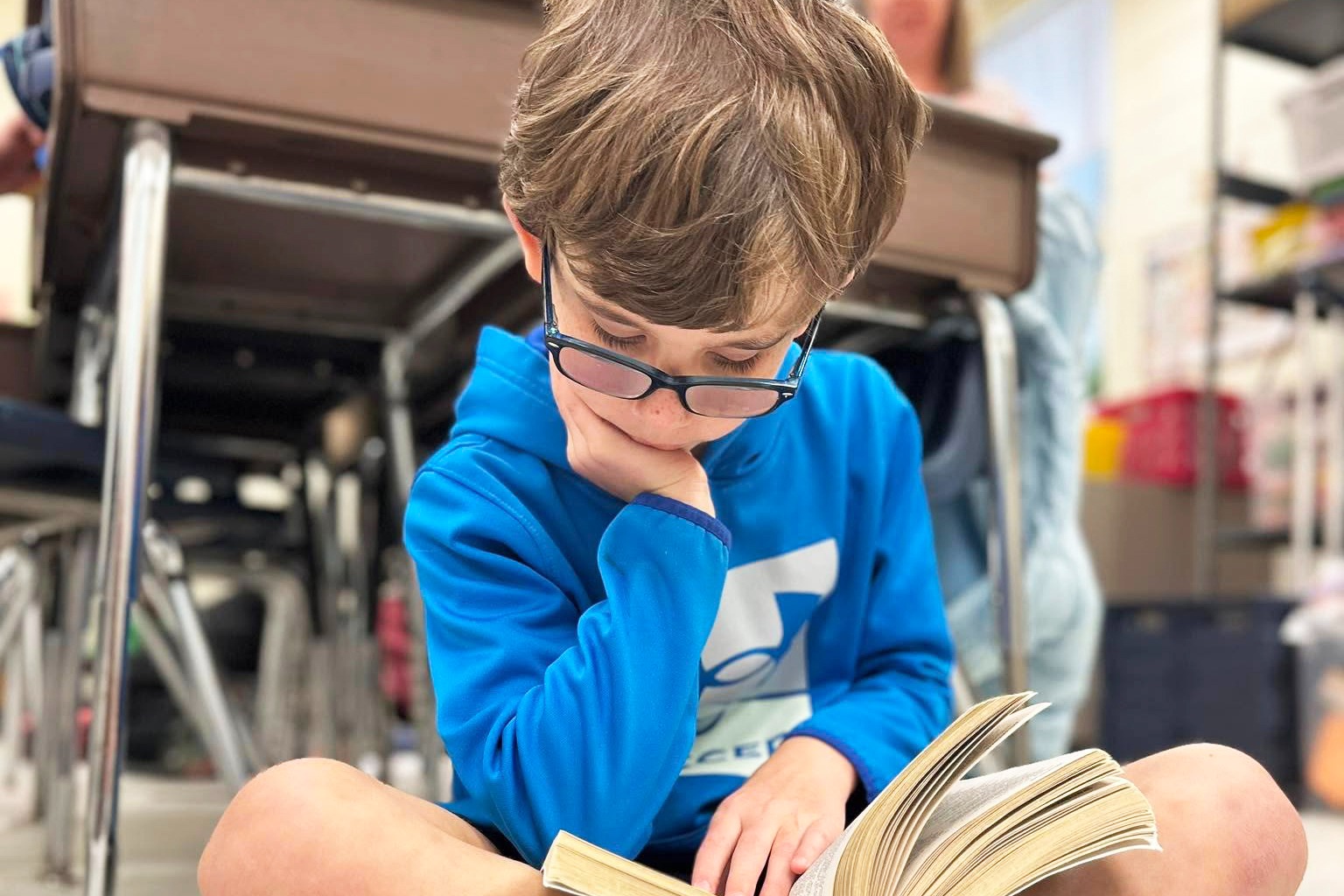
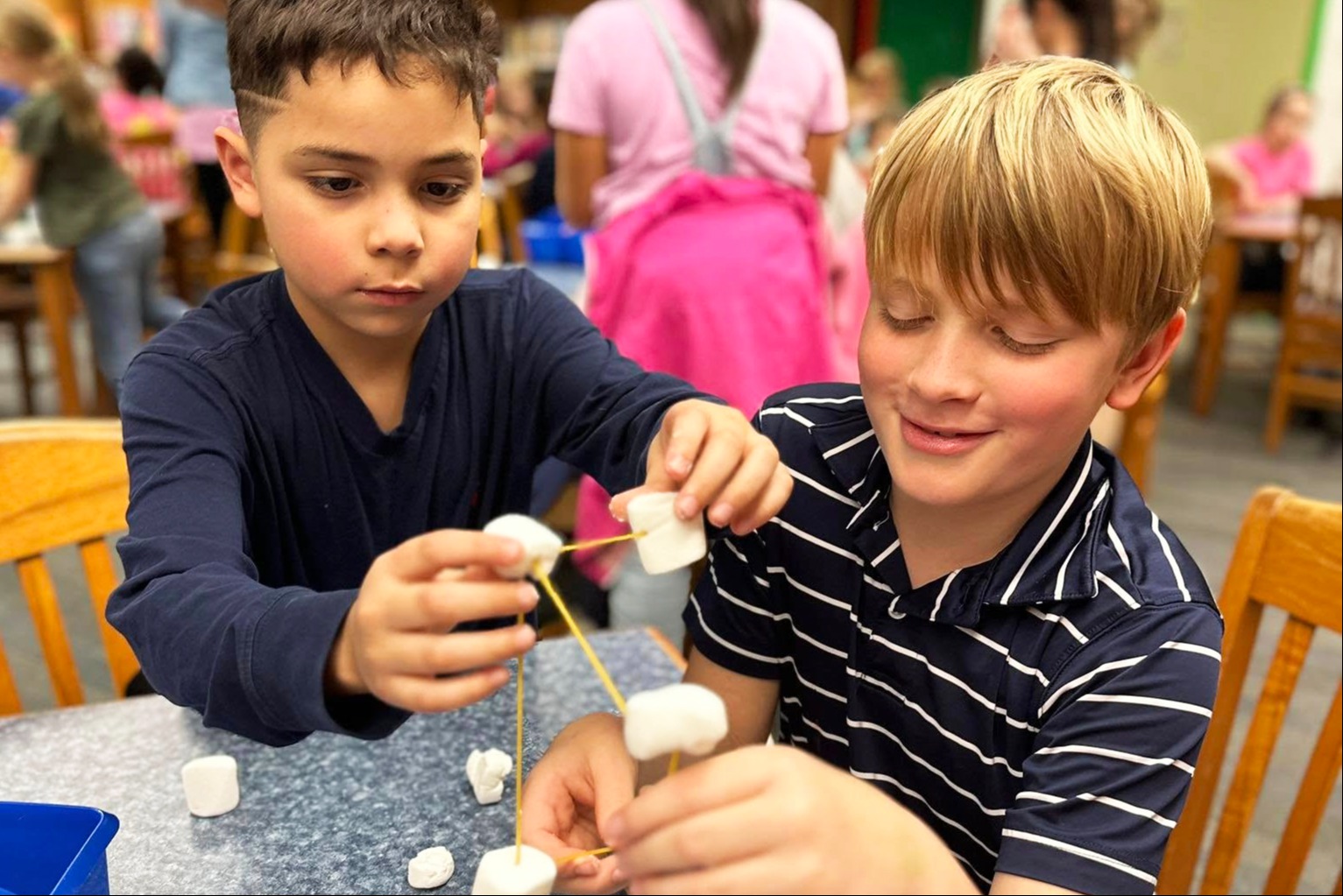
First Grade
First grade is a magical year! The academic and social growth we see in our first graders each year is amazing. First grade is a time for children to learn more about themselves as learners and as citizens of their school and community. As our world has changed, so have our classrooms. Our first grade program now uses digital tools in many different ways, but we still focus on building relationships and developing a love of learning through hands-on exploration. We celebrate every student and we know each child learns differently, so we incorporate varied learning styles and activities into our day. We’re always turning obstacles into opportunities!
Second Grade
Although every child is unique and has his or her own developmental timetable, second graders share many characteristics. Making friends begins to be very important for this age group, even though they may change “best” friends often. Their sense of humor develops and they like to hear and tell jokes. Second graders’ vocabularies are growing and they love to talk!
By second grade, most students have settled in and have begun to use the skills they learned in kindergarten and in first grade. They become more analytical in their thinking as they take on more complicated assignments. Second grade marks a year of transition as children learn to become self-directed, independent learners.
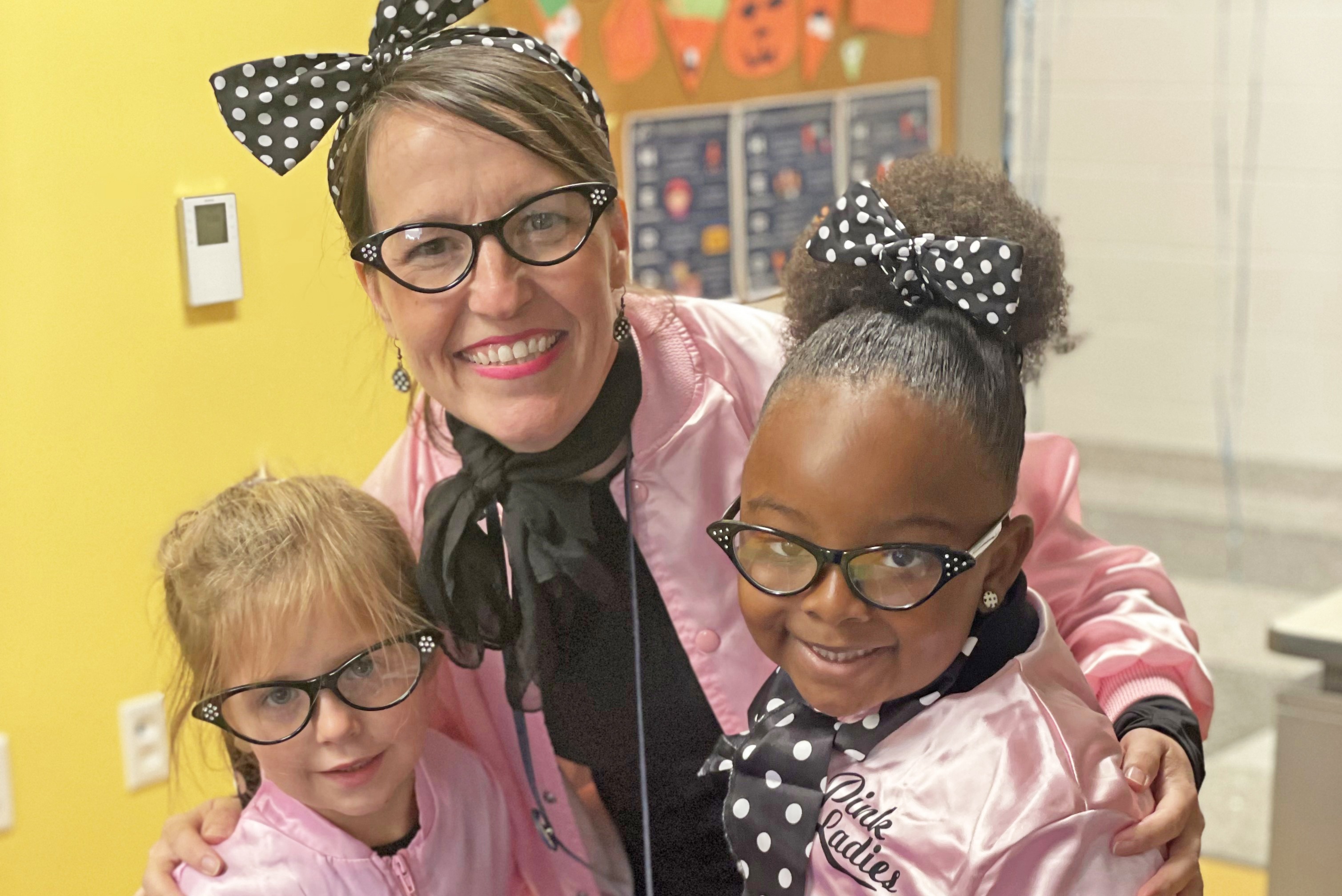
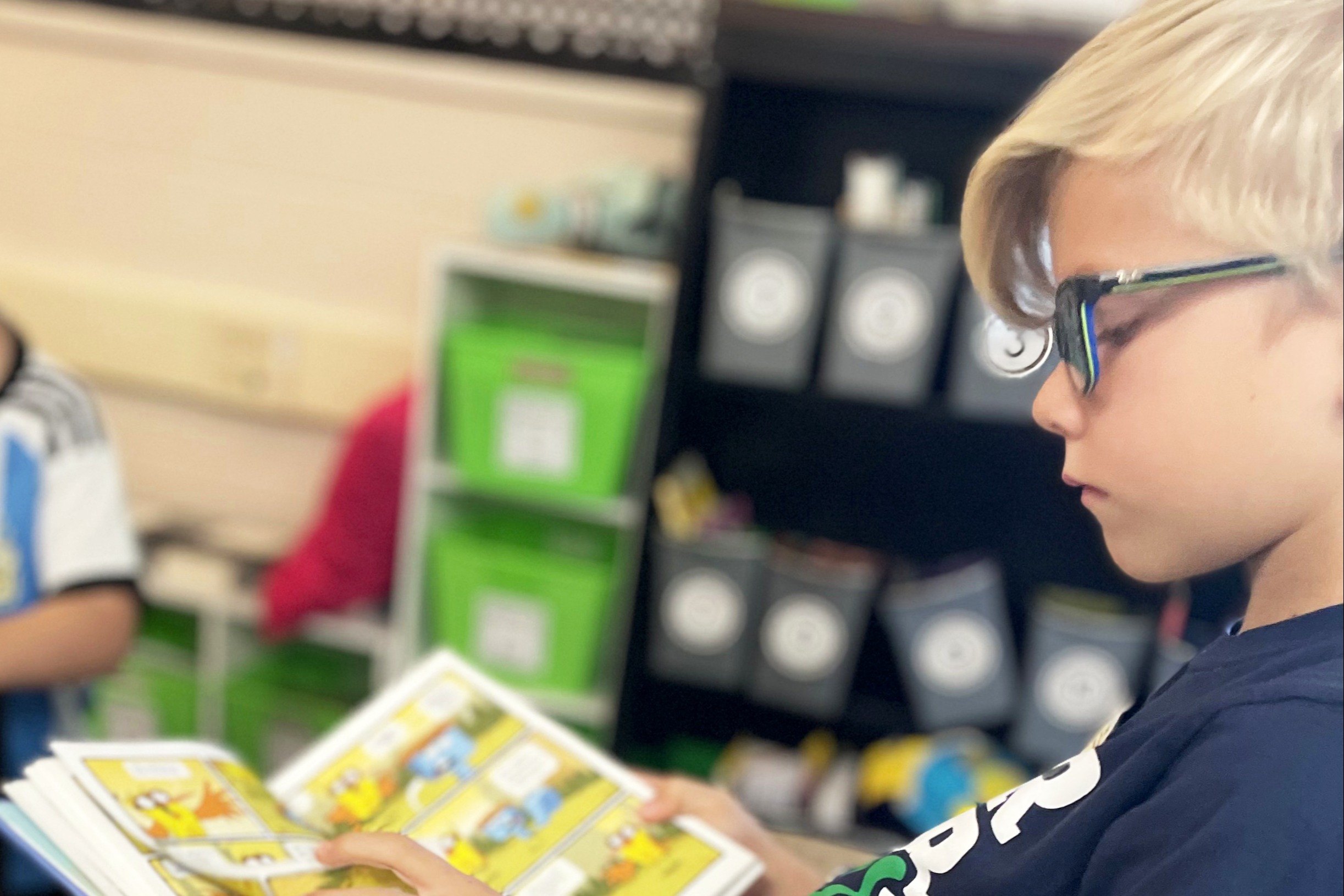
Third Grade
In third grade, children start putting the learning pieces together to take on more complicated assignments. This is the first year they begin to do some work independently rather than with the explicit directions given in earlier grade levels.
The third-grade curriculum focuses on learning about the past, present, and future. Literature, social studies and even science follow events over time, such as observing the phases of the moon or how rocks erode into sand. Third grade students use and build simple machines and become informed citizens through learning about our nation’s government. They use math in relevant ways, and are introduced to multiplication and division. Third grade is an exciting year because before third-grade, students learn to read – but beginning in third-grade, students read to learn!
Fourth Grade
Fourth grade is a wonderful year full of transition and implementation. You will be amazed at how they grow, learn, and mature over the year. Fourth graders learn the importance of responsibility and integrity in their actions, words, and deeds. Students will work a great deal in collaborative groups, and learn to work with others well to enhance their learning and engagement in class. They will continue to develop work habits and study skills that will make them more eager to seek answers, ask more questions, organize self and become more independent on work at home and at school.
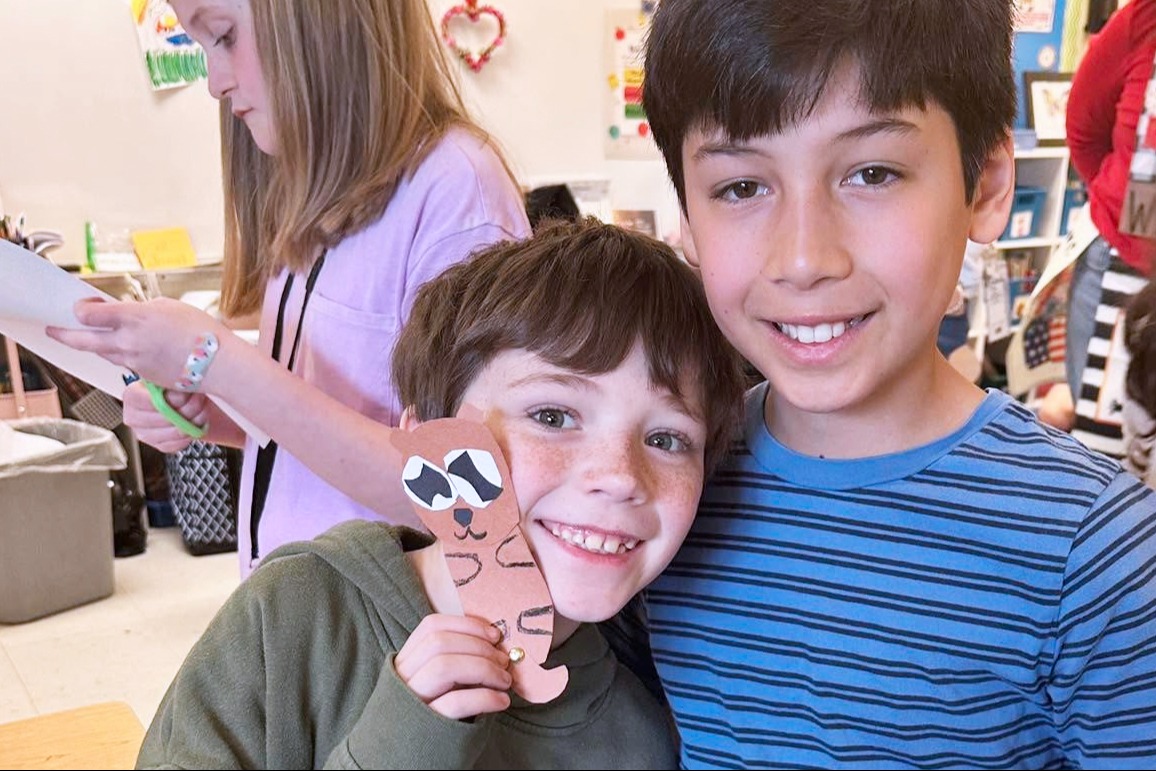
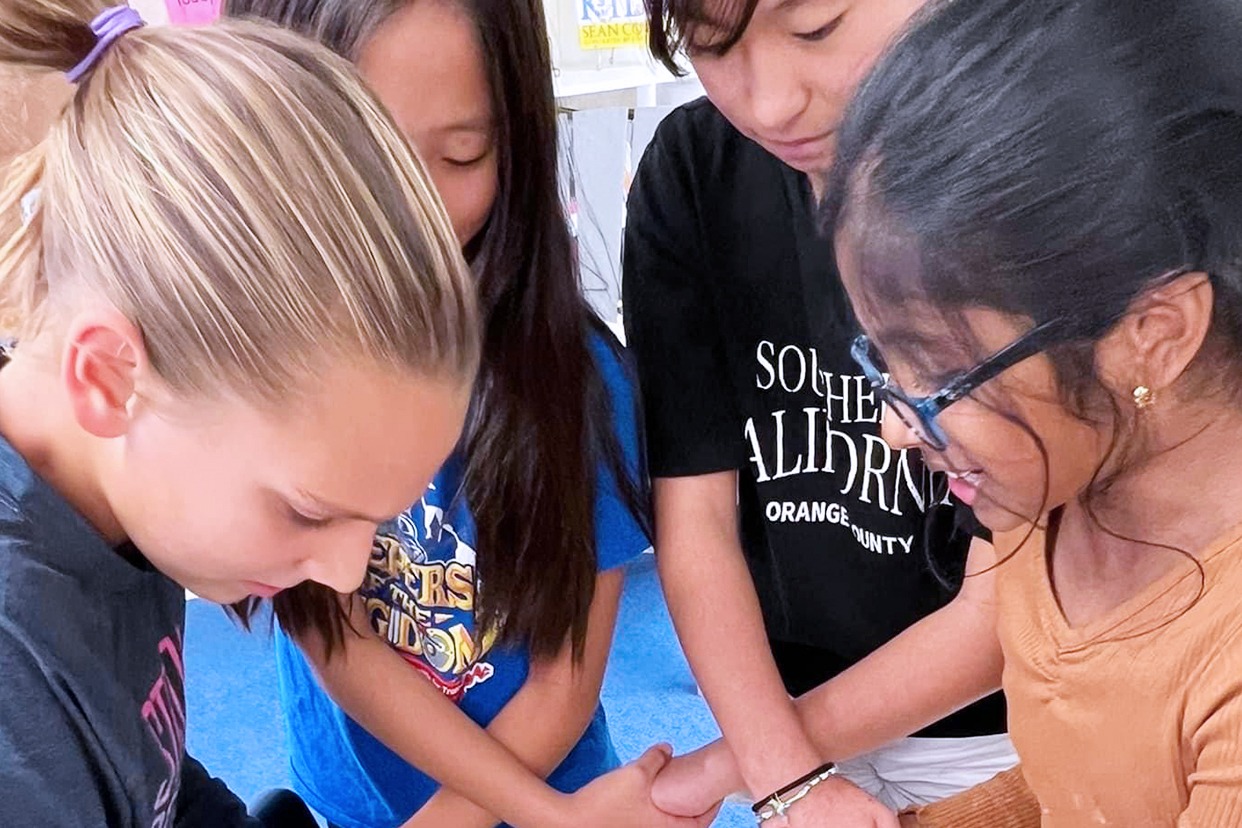
Fifth Grade
This is such an exciting year for students as they are enjoying their last year in elementary school and preparing for that journey into middle school.
Students will have the opportunity to participate in a wide variety of activities this year: Field Day, Safety Patrol, K-Kids, Battle of the Books, Family Life, Fire Safety, 5th grade party/dance, and of course, the 5th grade Promotion Ceremony.
In fifth grade, teachers challenge students with long-term projects that require planning and organization. Parents, guardians and teachers can play a critical role in listening, reassuring and supporting the new individuals that are starting to emerge.
Elementary Resource Classes
